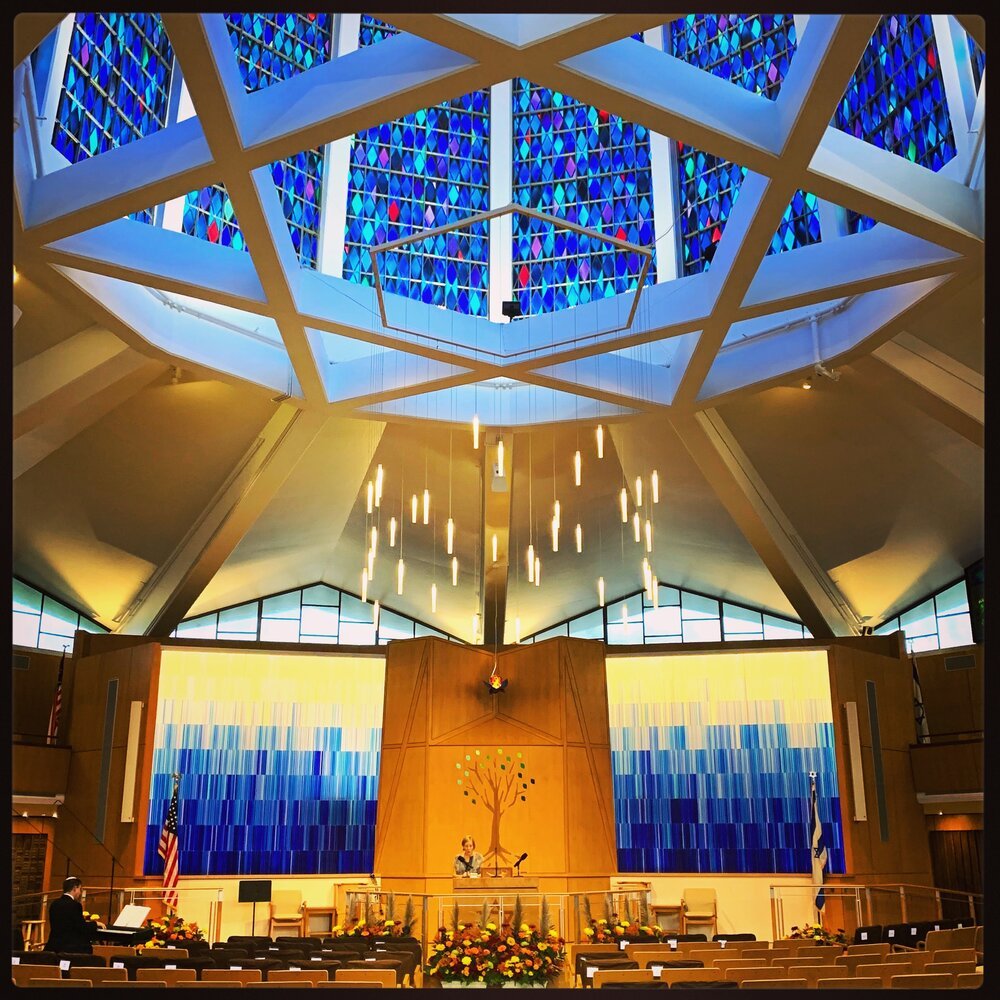Good Monotheism
To me, there’s only one interpretation of monotheism that does any good, which is that everyone has access to the same Ultimate Truth. Interpretations are partial understandings, and therefore none has the imprimatur of Ultimate Truth. I’m a good monotheist in that respect.
That gets us the excellent compromise of universal morality and religious relativism. With one Ultimate Truth, we share a basis for the way the world is, we just have our own traditions for learning to understand it, and — crucially — we know we can’t reach full understanding.
We still have the religion problem, though, it just drops down to the level of practice from the level of belief. With no truth monopoly, no one tradition can guarantee a complete set of applications for the individual to find a way in the world.
One may luck out with one’s birth tradition or with later initiation into one that feels like home, but the chances are overwhelmingly high of finding at least one true-feeling — or, indeed, Actually True — thing outside of the necessarily partial confines of one tradition.
Why is that a problem? It threatens the real mission of religion, which is supportive group-forming, establishment of a refuge of people who Understand You™ and can help you navigate life. If everyone is coming and going willy-nilly, doing different things, no group can cohere.
This is a critical source of the kind of religious jealousy that can lead to animosity, which can lead to exclusion of other groups from that Good Monotheism™ we were talking about. Of course, excluding things is a strong indicator of not really being a Good Monotheist™ yourself.
To survive the 21st century (you know, if any human edifice will), religions need to see their practices as offerings rather than prescriptions.
Congregations and clergy need to fully give over their practices, so practitioners can fully receive them. Groups will form around Doing, rather than Believing. God will be in Action.
As an intractably bireligious person in a socially monoreligious family, I’ll never belong in one single in-group. But why would I want that? Who wouldn’t want to belong — even partially — with as many people as possible?
